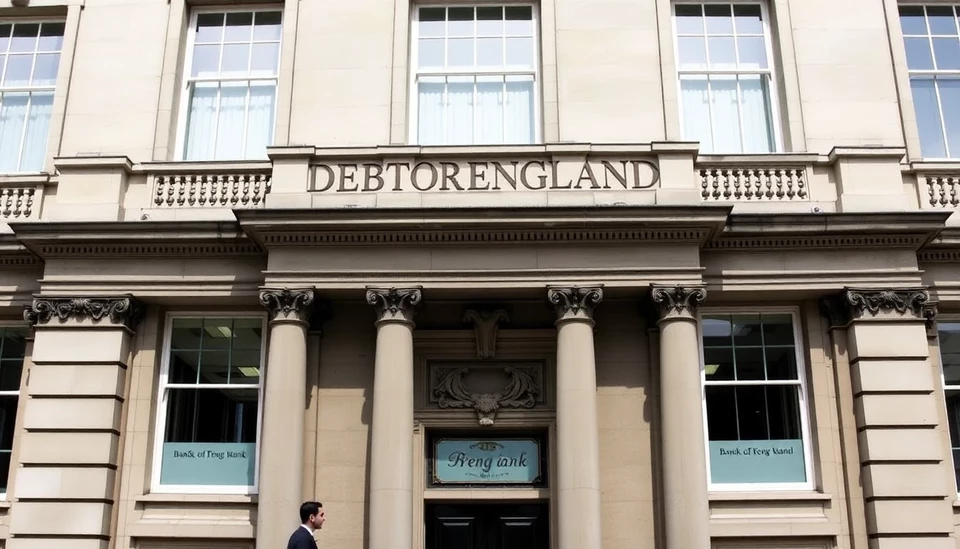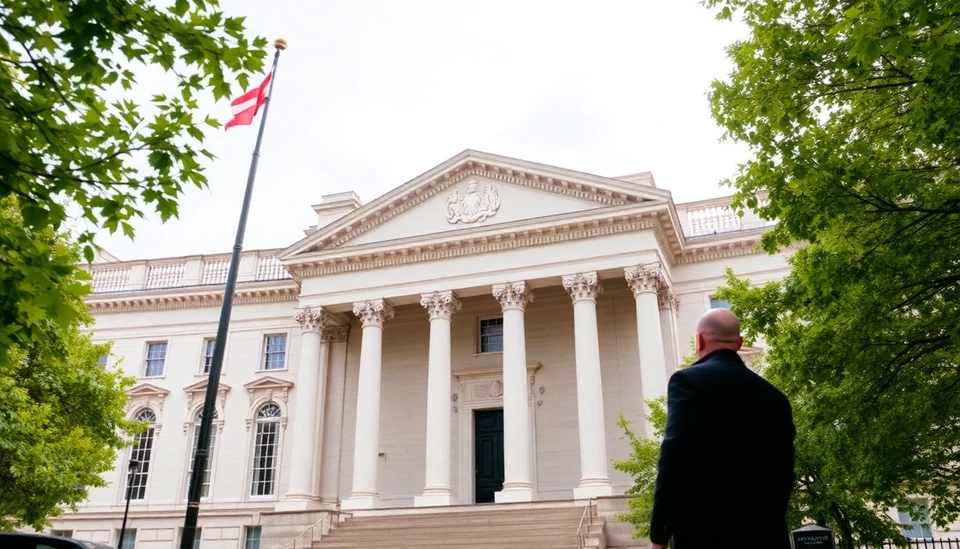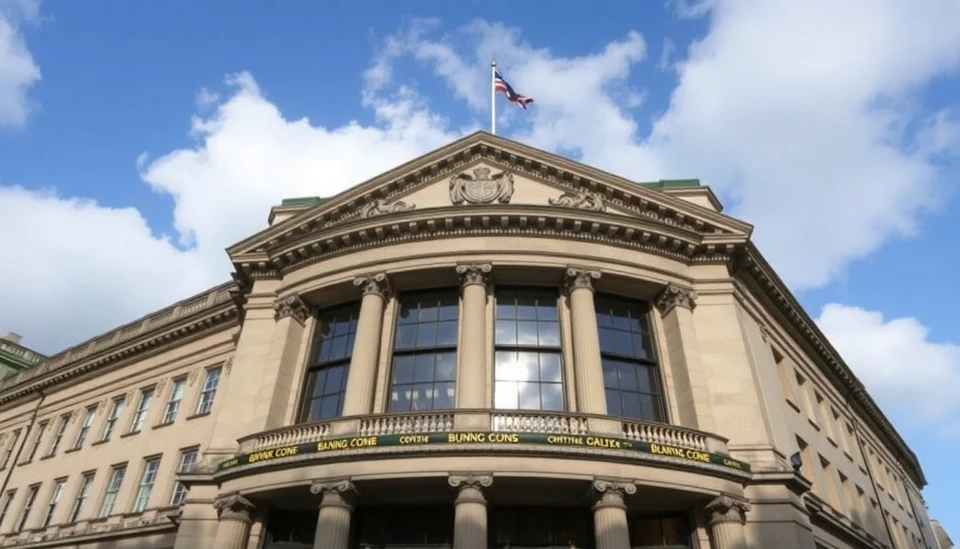
Recent data from the United Kingdom's Office for National Statistics has revealed an unexpected rise in inflation rates, prompting discussions regarding the future course of monetary policy from the Bank of England (BoE). The Consumer Prices Index (CPI) showed a month-on-month increase that surprised analysts, raising inflation to 5.4% in October. This uptick comes despite earlier predictions of a decrease, a scenario that could complicate the BoE's strategy regarding interest rates.
Despite persistent inflationary pressures, the BoE had indicated a cautious approach, aligning with economic norms which suggest that dramatic shifts in interest rates could hamper economic recovery. Following the publication of the inflation figures, experts are suggesting that the central bank may need to tread carefully moving forward, balancing the need to address inflation with the potential risks posed to overall economic stability.
In its previous meetings, the BoE has already opted for a steady course, resisting the pressure to make aggressive adjustments. The central bank appears to be weighing the implications of higher inflation against a backdrop of a slowing economy. Some economists advocate for the BoE to remain steadfast in its cautious approach, especially given the potential impacts of further rate hikes on consumer spending and business investments.
Additionally, the ongoing geopolitical issues and supply chain disruptions centered on energy prices contribute to the unpredictable nature of inflation. As these factors elevate operational costs for businesses and squeeze household budgets, the economy's trajectory becomes increasingly uncertain. Therefore, the latest inflation data presents a critical juncture for policymakers.
Bank of England officials are reportedly closely analyzing these developments and are prepared to respond as necessary; however, maintaining a careful balance between curbing inflation and supporting economic growth is paramount. The implications of these inflation figures stretch beyond simple economics, foreshadowing potential implications for employment, wages, and the overall consumer confidence in the UK market.
Investors and analysts are now eagerly watching for the BoE’s next move, especially as UK economic data continues to fluctuate. Any shifts in interest rate policies could significantly influence market sentiment and shape the financial landscape in the coming months.
In conclusion, while the recent spike in inflation may initially appear concerning, it also serves as a test for the BoE's resilience in navigating a post-pandemic economy, where caution may ultimately prove to be the wiser course. As the situation evolves, both businesses and consumers alike will be keen to see how the central bank responds moving forward.
#BankOfEngland #UKInflation #EconomicPolicy #InterestRates #FinanceNews #MonetaryPolicy #Economy #ConsumerPrices
Author: Daniel Foster




